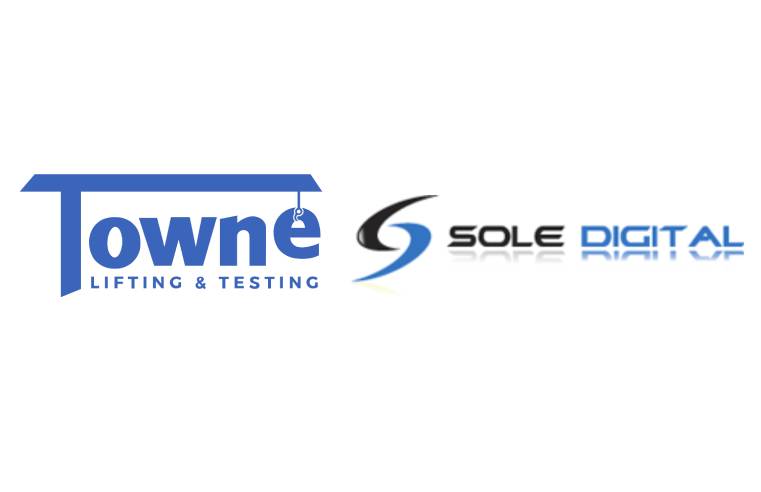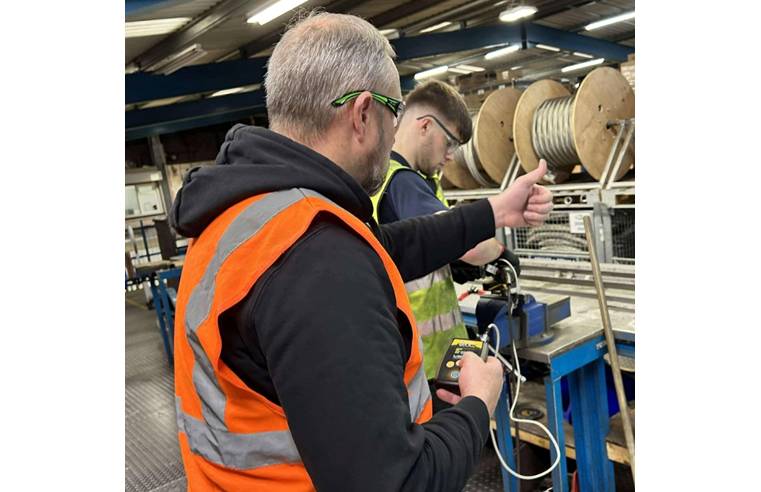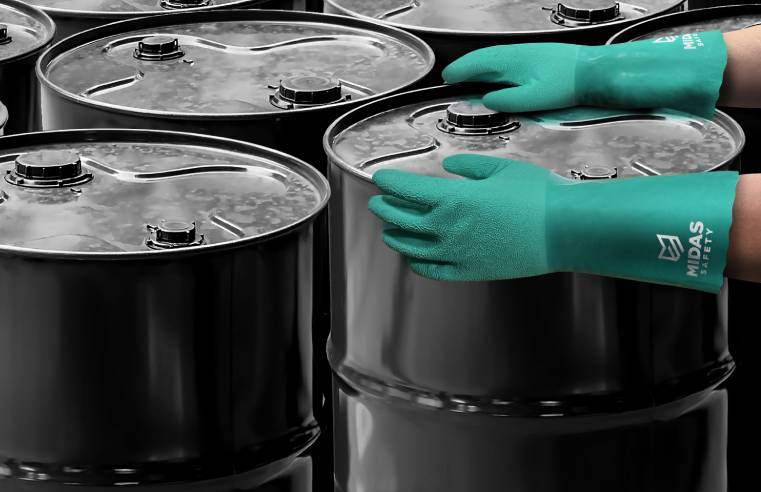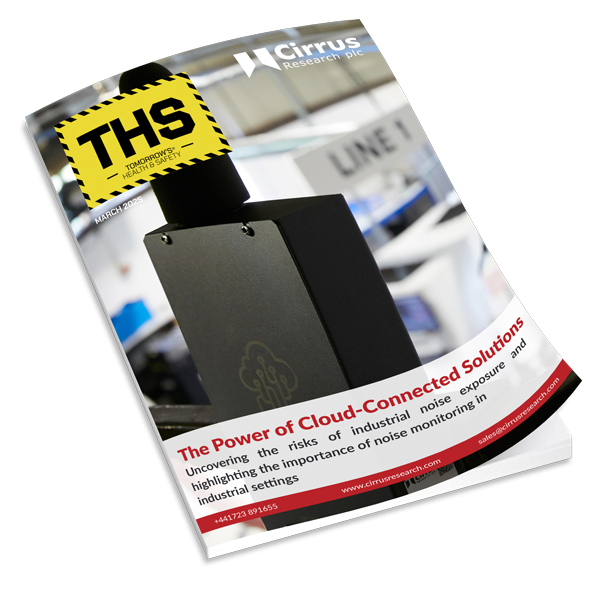Supply chain risk management expert CHAS has joined forces with the Supply Chain Sustainability School to introduce the Fairness, Inclusion and Respect (FIR) Growth Assessment.
The assessment provides a framework for organisations to assess and embed the principles and business benefits of a fairer, more inclusive and respectful workplace. It has been specifically designed by construction clients, contractors and sub-contractors and is suitable for organisations of any size, large or small.
CHAS Managing Director Ian McKinnon said: “We are excited to join forces with the Supply Chain Sustainability School to further the construction industry’s progress in becoming more diverse and inclusive and make the sector a better place to work for everyone.”
Promoting a culture of fairness, inclusion and respect has multiple benefits. Not only are diverse businesses more profitable, they are also better at attracting and retaining talent, as jobseekers increasingly favour employers that are committed to diversity and equality. Having a diverse workforce can also lead to better workplace performance by generating new ideas and perspectives, and increasing employee engagement.
Furthermore, clients and large contractors increasingly expect their supply-chain partners to work with them to implement diversity and inclusion practices and policies.
Become accredited
Businesses can now become accredited for their commitment to promoting fairness, inclusion and respect via a new CHAS accreditation. The CHAS Fairness, Inclusion and Respect accreditation enables companies to confirm that they are embedding this issue within their organisation in line with industry best practice and guidelines. As well as helping companies demonstrate that they are responsible businesses, this can help them win more work.
The assessment involves a mix of online questions and in-person interviews and considers the role of six key factors in effectively embedding a culture of Fairness, Inclusion and Respect, which include; strategy, leadership and governance; recruitment and development; working practices; the site environment, and the supply chain.






















